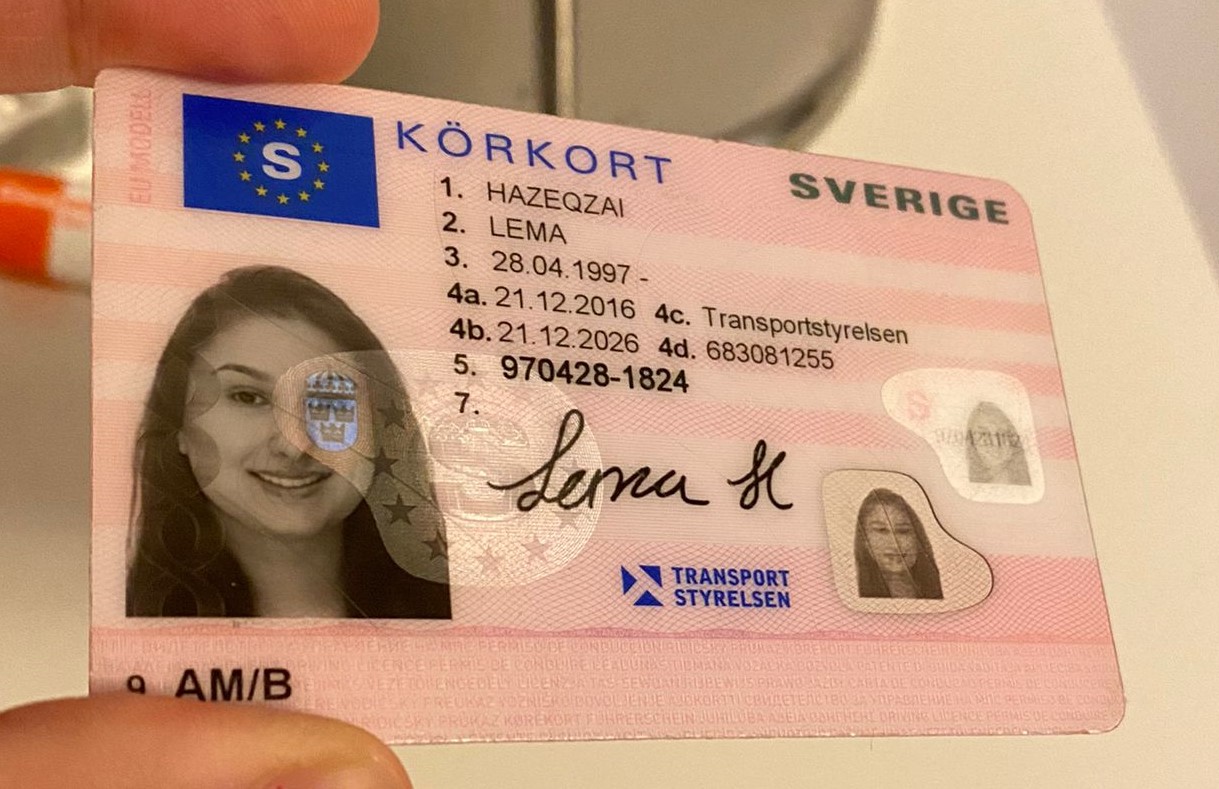Understanding the Driving License: A Comprehensive Guide
A driving license is a vital document for individuals who want to run an automobile legally. This guide aims to supply an extensive understanding of the driving license, including its types, requirements, application processes, and the significance it holds in today's busy society.
What is a Driving License?
A driving license is a government-issued document that licenses a specific to drive an automobile on public roadways. This license is crucial not only for adherence to the law however also as a procedure of competency to ensure that motorists possess the necessary skills to run a lorry safely.
Kinds Of Driving Licenses
Driving licenses differ by jurisdiction, and they can be classified into numerous types. Here's a breakdown:
| License Type | Description |
|---|---|
| Learner's Permit | A provisional license permitting new motorists to practice under particular conditions. |
| Full License | A basic motorist's license allowing the holder to run most kinds of automobiles without constraints. |
| Commercial License | Necessary for individuals wishing to operate industrial trucks or buses. |
| Motorcycle License | Specially designated for running bikes and motorbikes. |
| International Permit | Allows individuals to drive in foreign nations, offered they have a valid nationwide license. |
Why is a Driving License Important?
Holding a legitimate driving license has a number of advantages:
- Legal Requirement: It is a legal requirement to drive on public roadways.
- Safety Assurance: A driving license makes sure that the driver has undergone essential training and evaluations to run a car securely.
- Recognition: It works as an official form of recognition, typically needed for various services.
- Insurance coverage Compliance: Many vehicle insurance provider need valid driving licenses as one of the conditions for issuing a policy.
- Employment Opportunities: Certain tasks require workers to have a valid driving license, especially those involving transport.
How to Obtain a Driving License
The process of acquiring a driving license normally includes several steps, which can differ by region. Below is a basic summary of the actions to follow:
- Eligibility Check: Most jurisdictions have age and residency requirements.
- Composed Test: Applicants usually must pass a composed exam covering the guidelines of the roadway.
- Vision Test: A vision assessment may be needed to make sure the applicant can see well enough to drive safely.
- Practical Driving Test: New drivers must demonstrate their driving skills in a dry run.
- Application Submission: Complete the necessary forms and send the necessary documents, including evidence of identity and residency.
- Payment of Fees: Pay any associated costs for the application process.
- Waiting Period: Some regions have a probationary period throughout which a student's license must be held before a complete license is released.
Common Requirements for Application
- Proof of identity (e.g., birth certificate, passport)
- Social Security number or equivalent identification
- Proof of residency (e.g., utility bills, rental contracts)
- Completion of a chauffeur's education course (if suitable)
Tables: A Comparative Look at Driving License Categories
The following table highlights distinctions in requirements and features of numerous kinds of driving licenses:
| Type of License | Age Requirement | Checking Requirements | Limitations |
|---|---|---|---|
| Learner's Permit | Varies, usually 15-16 | Composed, vision | Needs a certified adult in the automobile |
| Full License | Generally 18+ | Written, vision, practical | None (unless specific endorsements apply) |
| Commercial License | Normally 18+ | Written, vision, useful, additional tests | Limited to industrial lorries just |
| Bike License | Varies, normally 16 | Written, vision, useful | Generally restricted to motorcycles only |
| International Permit | 18+ | Valid nationwide license required | Legitimate in nations that acknowledge it |
Frequently Asked Questions About Driving Licenses
1. The length of time does it require to get a driving license?
The timeline varies by area and individual scenarios, but a straightforward process that consists of taking a course and finishing tests may take a number of weeks to a couple of months.
2. What should I do if I lose my driving license?
In case of loss, report the incident to local authorities and obtain a replacement through the appropriate motor lorry department.
3. Can I use an international driving license in my home nation?
Many nations require a valid nationwide license, and an international driving authorization is meant for use abroad. Constantly examine local laws.
4. Exist particular laws for chauffeurs under 18?
Yes, many locations have graduated licensing laws that impose restrictions on more youthful drivers, such as traveler limitations and nighttime curfews.
5. What takes place if I get captured driving without a license?
Driving without a legitimate license can cause fines, lorry impoundment, and even legal charges, depending upon local laws.
In conclusion, obtaining a driving license is a significant milestone for many people. It entails a structured process created to ensure safety and legality on the roads. Comprehending the types, importance, and application processes can empower prospective chauffeurs to browse their licensing journey with self-confidence. Whether for Köp B1 Körkort Online Utan Examen or expert purposes, a driving license is a valuable possession in the modern-day world.

